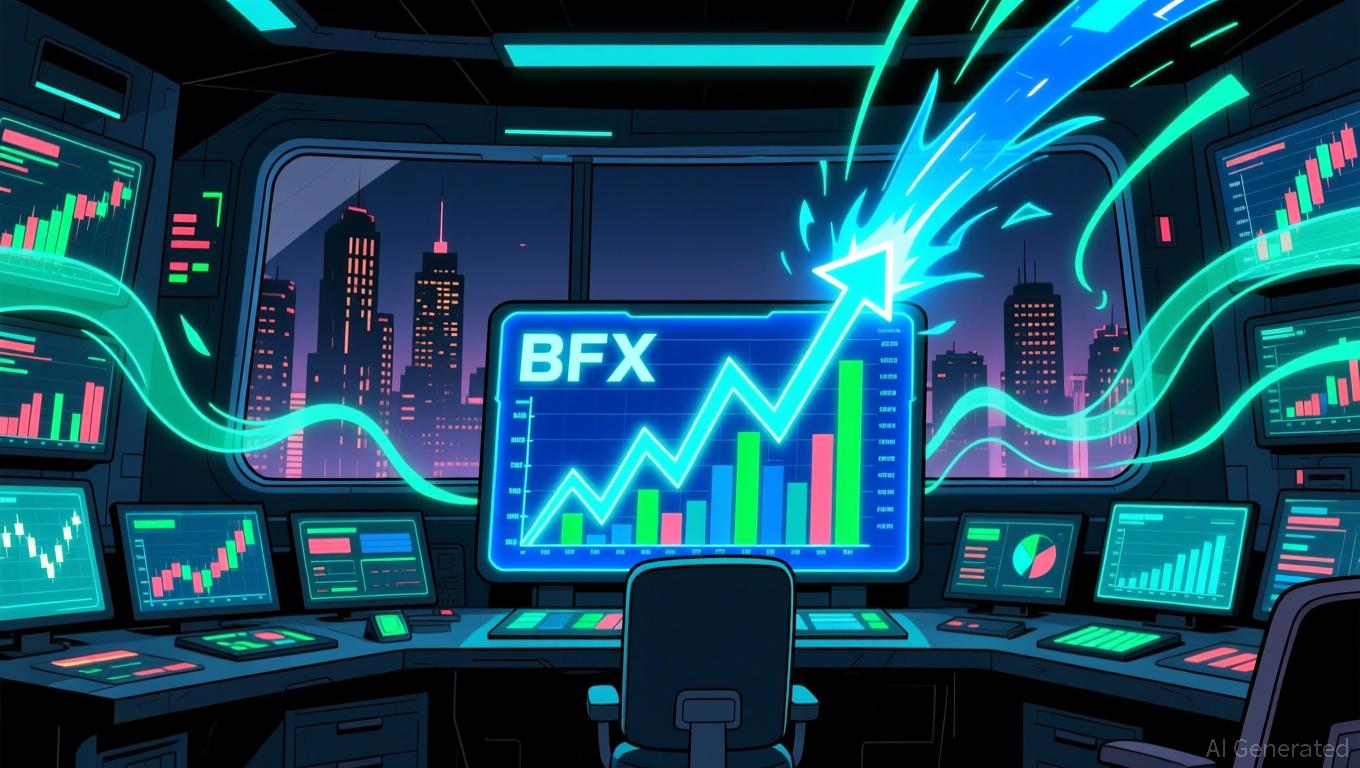Brazil’s Bold Move: Crypto Firms to Face Full Central Bank Oversight
Brazil has taken a direct step in order to regulate its growing crypto market. Government officials have stated that all crypto exchanges must register with the Central Bank of Brazil by February 2026. These exchanges will be permanently shut down by November 2026. This is a unique development since now crypto will be regulated like a traditional financial institution, creating responsibilities, accountability, and protections for investors.
The new Brazil crypto regulation is a milestone for the largest economy in Latin America. It shows the country going from a position of tolerating crypto to a position of regulatory grounded supervision. Brazil has quickly become one of the region’s most active crypto markets over the last few years, with millions of users trading Bitcoin, Ethereum, and other digital assets but without clear oversight. Regulators were concerned about the potential for fraud, money laundering, and lack of market stability.
By aligning crypto firms with banking standards, the Central Bank of Brazil is aiming to create a safer, transparent and sustainable ecosystem. This decision is also part of a global movement of governments attempting to show their regulatory approaches, and in some cases, embracing the digital asset and including it in traditional financial systems with proximity while balancing innovation and safety.
Why Brazil Wants Crypto Firms Under Central Bank Oversight
The Central Bank’s approach reflects its intention to establish stronger consumer protections and combat illicit financial activity. According to the draft rules, all exchanges must meet the same compliance, audit, and capital reserve requirements as banks. This ensures that platforms holding customer funds operate responsibly and transparently.
Within the Brazil Central Bank crypto structure, companies are also required to file regular financial statements, be subject to third-party audits, and remain compliant with anti-money-laundering (AML) legislation. Companies that do not comply by 2026 face the possibility of suspension or shutting their business down. Although strict, this is to prevent a collapse similar to FTX, while maintaining the public faith in digital finance.
The regulation also aims to bring tax compliance into focus. As crypto transactions become part of official banking records, Brazil’s tax authorities will gain clearer visibility into the flow of digital assets. This could significantly increase government revenues and reduce unreported transactions.
What This Means for Crypto Exchanges and Investors
The new regulation presents a challenge and opportunity for crypto exchanges . The need to register with the Central Bank will significantly upgrade internal controls, reporting standards, and cybersecurity systems for exchanges. Nevertheless, firms that satisfy the conditions and register with the Central Bank will become a credible partner for banking services.
On the investor side, the increased protection is beneficial since registered exchanges (which will need to comply with Brazil crypto regulation) will have to keep customer funds in accounts that are separate from the exchanges and can demonstrate purchase agreements for any funds taken from customer accounts. Regulatory clarity may result in institutional investors who have been hesitant because of the fluctuating nature of legal treatment for crypto, to invest in encrypted currencies in Brazil.
Conclusion
The timeline set by the government gives crypto firms less than a year to begin the registration process. By February 2026, all active exchanges must be fully registered. Any platform failing to comply by November 2026 will face shutdowns or severe penalties.
This transition period allows companies to align their internal systems with Central Bank standards and engage with regulators for clarity. While the adjustment may be demanding, experts believe the Brazil crypto regulation will ultimately create a stronger, more transparent market environment.
As the February deadline approaches, Brazil’s crypto community will likely undergo major restructuring. Compliance-ready firms will gain a competitive advantage, while unregistered players risk being forced out.
Disclaimer: The content of this article solely reflects the author's opinion and does not represent the platform in any capacity. This article is not intended to serve as a reference for making investment decisions.
You may also like
Cardano News Today: Blockchain Evolves as Practical Applications Surface During DeFi Upheaval
- Blockchain industry shifts from speculation to real-world utility in real estate , privacy protocols, and DeFi, driven by projects like Propy and Lygos Finance. - Privacy chains (Midnight, Zcash) gain traction with hybrid compliance-privacy models, while DeFi faces TVL declines and security breaches like Balancer's $120M exploit. - Digitap's fintech app and Europe's institutional crypto adoption highlight blockchain's mainstream appeal, with euro-denominated futures and DeFi yields attracting investors.

Bitcoin Updates Today: BlockchainFX Secures AOFA License, Paving the Way for Major Crypto Shakeup in 2026
- BlockchainFX secured an AOFA license, enhancing its global legitimacy as a regulated crypto platform. - Its $11M presale with 17,300+ participants and $0.03 token price targets 2026 growth amid multi-market access. - Analysts highlight its regulatory edge over unlicensed rivals like Hyperliquid and Bitcoin's speculative potential. - Market dynamics favor BlockchainFX as crypto surges to $3.5T, though risks include volatility and regulatory scrutiny.

Solana News Update: As Interest in Solana Memes Declines, DeFi Activity Surges Amid User Departures
- Solana's active addresses hit a 12-month low as memecoin-driven hype wanes, despite token price rebounding to $165. - DeFi resilience seen with $5.11B DEX volume in mid-November, outpacing Ethereum and BNB Chain. - Staking growth accelerated by 2.9M SOL increase and new U.S. Treasury rules enabling crypto ETF staking rewards. - Price faces $172 resistance; technical indicators show 62% pullback probability to $150 support zone. - Institutional adoption and real-world utility critical for Solana to sustai
Circle's Soaring Revenue Fails to Ease Concerns Over Profitability Amid Falling Share Prices
- Circle's shares fell 9.3% post-Q3 2025 earnings despite 66% revenue growth to $740M and record USDC adoption, erasing IPO gains. - USDC circulation hit $73.7B (+108%) and on-chain volume reached $9.6T (+680%), but $4.48/share Q2 loss vs $0.64 GAAP EPS raised profitability doubts. - Strategic partnerships with Deutsche Börse/Visa and reversible stablecoin pilots aim to strengthen USDC's market leadership against Tether . - Analysts split between J.P. Morgan's Sell and Monness Crespi's Buy ($150 target), w
